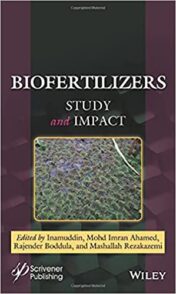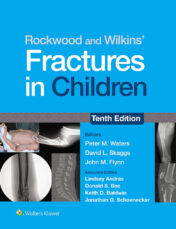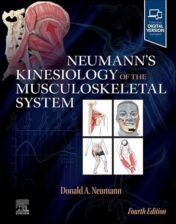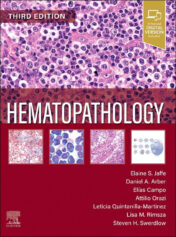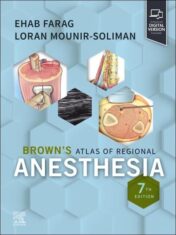Great attention has been paid to reduce the use of conventional chemical fertilizers harming living beings through food chain supplements from the soil environment. Therefore, it is necessary to develop alternative sustainable fertilizers to enhance soil sustainability and agriculture productivity. Biofertilizers are the substance that contains microorganisms (bacteria, algae, and fungi) living or latent cells that can enrich the soil quality with nitrogen, phosphorous, potassium, organic matter, etc. They are a cost-effective, biodegradable, and renewable source of plant nutrients/supplements to improve the soil-health properties. Biofertilizers emerge as an attractive alternative to chemical fertilizers, and as a promising cost-effective technology for eco-friendly agriculture and a sustainable environment that holds microorganisms which enhance the soil nutrients’ solubility leading a raise in its fertility, stimulates crop growth and healthy food safety.
This book provides in-depth knowledge about history and fundamentals to advances biofertilizers, including latest reviews, challenges, and future perspectives. It covers fabrication approaches, and various types of biofertilizers and their applications in agriculture, environment, forestry and industrial sectors. Also, organic farming, quality control, quality assurance, food safety and case-studies of biofertilizers are briefly discussed. Biofertilizers’ physical properties, affecting factors, impact, and industry profiles in the market are well addressed. This book is an essential guide for farmers, agrochemists, environmental engineers, scientists, students, and faculty who would like to understand the science behind the sustainable fertilizers, soil chemistry and agroecology.

